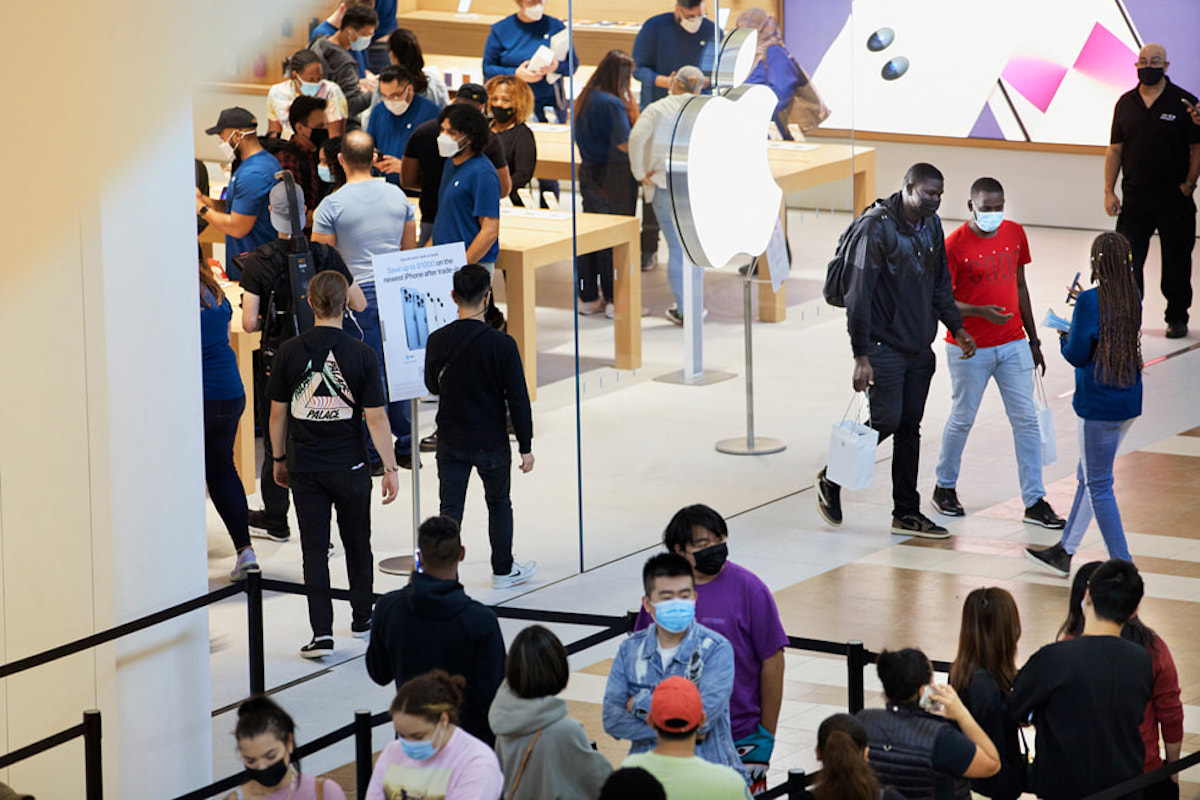Apple’s extended ‘Holiday Return and Refund’ policy is now in effect for the upcoming Holiday season. Customers in the United States can now return items purchased at the Apple online store between November 1, 2021, and December 25, 2021, till January 8, 2022. Customers must also keep in mind that the company’s standard return policy’s terms and conditions apply to the returned products.

Return or exchange Apple’s purchased items or gifts through Jan 8, 2022, under the extended ‘Holiday Return and Refund’ policy
Apple’s new ‘Holiday Return Policy for the U.S. is applicable for the return or exchange of bought items or gifts. The policy reads:
Items purchased at the Apple Online Store that are received between November 1, 2021 and December 25, 2021, may be returned through January 8, 2022. Please note that all other terms and conditions provided in the Apple Online Store Sales and Refunds Policy are still applicable with respect to such items purchased. All purchases made after December 25, 2021 are subject to the Standard Return Policy.
During the COVID-19 pandemic in 2020, Apple extended the Holiday Return and Refund’ by 2 weeks in the United States for items purchased from its online and retails stores. But this year, Apple has opened the holiday return and refund program 10 days before, last year it was available on November 10.
Maybe, the company is encouraging consumers to start shopping for the Holiday season early because of the long delivery dates of Apple’s newly launched products like the iPhone 13 series, iPad 9, iPad mini, 14-inch and 16-inch MacBook Pro models (2021), AirPod 3, and others. Even the Apple Polishing Cloth has a 2 to 3 months delivery date.
With its strongest hardware upgrade cycle this year, Apple is expected to have its biggest Holiday sales season ever with $120 billion in revenue. However, the devices shortage due to ongoing supply constraints could drastically impact the revenue forecast for the December quarter. At the Q4 2021 earnings conference, Apple CEO Tim Cook shared that supply constraints cost the company $6 billion and they expect the impact to be bigger for the December quarter.